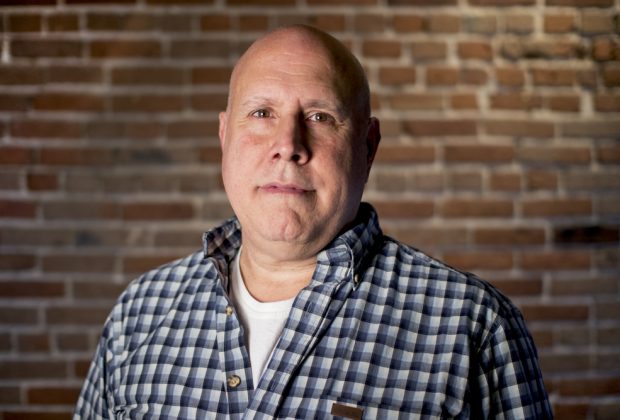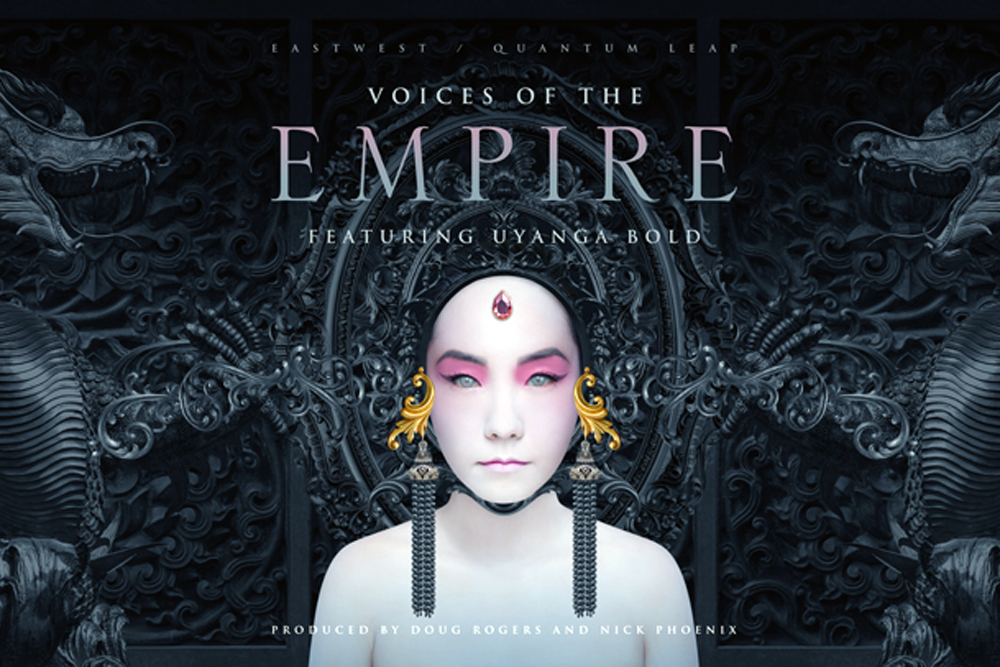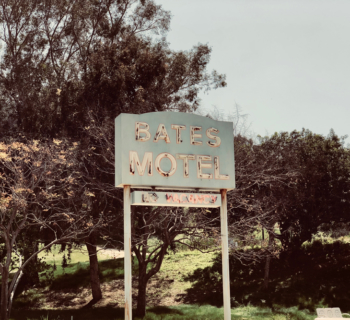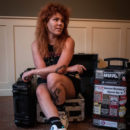BACKGROUND
Royalty Exchange is a unique way for artists to self-fund by selling rights to their catalog, either in whole or in part. With unprecedented transparency comes assurance that rights holders will receive the highest possible rates. Founded in 2011, Royalty Exchange offers a whole new economic landscape for even casual investors to aid their favorite artists and make a profit while doing so.
A New Form of Artist Development
[Royalty Exchange] ties to my history as an A&R executive at major labels––this is another way to give capital to bands in order for them to continue developing and building their careers. There’s not really any of this going on anywhere else as far as competitors. This is an unusual and unique platform, but it kind of ties in with what I’ve done throughout my career, which is advocate for artists and artist development.
Bringing In Money
We’re creating a marketplace that’s bringing new capital into the music industry. Being that I’ve spent my career being an artist advocate and developing artists, I wanted to be part of an organization that kind of does that. We’ve raised over $14 million of new capital that’s coming into the music industry. Most new ideas, especially around digital distribution, have kind of extracted that money. We’re bringing money in.
The headline is that we connect songwriters with investors. We have a community of over 23,000 investors. And the beauty of our proposition is you’re not selling a copyright. You don’t have to sell your entire catalog. You can sell any portion of your royalty stream that you care to.
Reinvesting Into Yourself
I’ve been around artists in their most precarious situations, which is in the creative process, and that always requires money. At a label, I could provide that, but today’s world has turned into a D.I.Y. culture and artists are having to find ways to support themselves. This gives them an alternative to reinvest in their career and into their creativity.
Doing Right By Artists
I’ve always done the right thing by artists, from my first day at ASCAP through my label experience. I’ve always kind of protected artists and had their best interests at heart. That always guides me in what I do and there’s nothing more exciting than watching an artist’s career develop and what capital can do to help that happen.
Not everyone in the world is at the level where a label will get involved and fund everything. So for artists who are kind of in the middle class and developing their own careers, we like to think we’re a good part of that by financing artist development.
The Right Amount
[Artists] drive the conversation based on their goals and needs. From that, we extrapolate an idea of how much money they’re looking to raise and try to get them to sell the smallest portion they can to accomplish these goals. It’s all driven by the songwriter.
We can sell in perpetuity or not. We get you into a marketplace where people are competing to get you the best price, versus talking to two or three of the regular suspects. The flexibility and transparency of it is an enormous benefit that people should know about.
We talk to [artists] about what rights are most easily assigned, but the driver is really the artist or songwriter telling us their goals, what they need to accomplish. Is it a tour? Is it a studio they’re building? Is it a record they’re trying to make? They drive the conversation more than we do.
Auctioning
It’s much like eBay. It’s an English auction, as they say––there’s a five-minute reset on the final bid when the time runs out, so no one can come in and snipe at the end, guaranteeing that you get the highest price from an investor.
It’s been an industry that’s only dealt in all-or-nothing propositions and a lack of transparency. The transparency we bring to this process is fantastic. The fact that investors have to compete to win, it’s a fantastic opportunity for songwriters and producers or whoever owns rights.
Flexibility
The majority of sales are fractional. We encourage that and try to get [artists] to their goal without having to sell everything. We can sell in perpetuity or not. We get you into a marketplace where people are competing to get you the best price versus talking to two or three of the regular suspects. The flexibility and transparency of it is an enormous benefit that people should know about.
Finding Investors
We have a 65% return or referral rate on the platform. [Our investors are] looking for an alternative asset passive income. That’s kind of what this has become. The founders of Royalty Exchange have come out of the financial publishing area, so they bring a lot of those connections with them. And there’s plenty of [potential investors] searching for this and we have enough of a profile now that people are becoming much more aware of us.
Getting Your Rights Back
The newest thing we’re rolling out is a termed, 10-year product. You can sell your rights for 10 years and they’ll revert back after that, no questions asked. We think this is an interesting solution for artists. It’s better than an advance. There’s no set dollars you have to pay back. And it’s done on the auction platform, so there’s competition.
A Streaming World
With the increase in streaming that we continue to see, the model has become successful. It’s settled in with rights holders that streaming is the accepted way now of listening to music. We think growth is going to continue. Investors want investment in the music business and I think everyone’s comfortable now with what’s happening in the streaming space.
Educating the Public
We do a lot of education. We have a blog. We do podcasts. Word-of-mouth has worked very well. [Rights holders] will go back to someone who maybe co-wrote a song with them and recommend they do it. So I think through education we’ll grow. People are seeing the success in the fact that it’s an open marketplace. That transparency always kind of wins.
Rosy Future
We look at the Goldman Sachs reports. They were saying the music business would hit about $31 billion in the next 10 to 15 years. They’ve now revised that forecast upwards to $41 billion. Today, the labels are sitting at about $12.5 billion. All that growth is really being driven by the DSPs [digital signal processors] and streaming.
An Alternative Asset
The stock market’s at an all-time high right now. People have plenty of money and don’t know where to put it other than treasury bills. This gives you an alternative asset with a decent return not related to the stock market. They’re a little better than a municipal bond.
Competition
It’s a new model; that’s always a challenge. It takes a lot of education to differentiate us from some of our competitors who think they’re doing the same thing. And trying to be transparent in an industry that’s been lacking in that is quite a challenge.
Years with Company: Less than one year
Address: 1550 Larimer St. #769, Denver, CO 80202
Phone: 1-800-718-2269
Web: royaltyexchange.com
Email: info@royaltyexchange.com
Clients: Cage the Elephant, Akon, Shakira, CHAPTABOIS, Abducted Records













